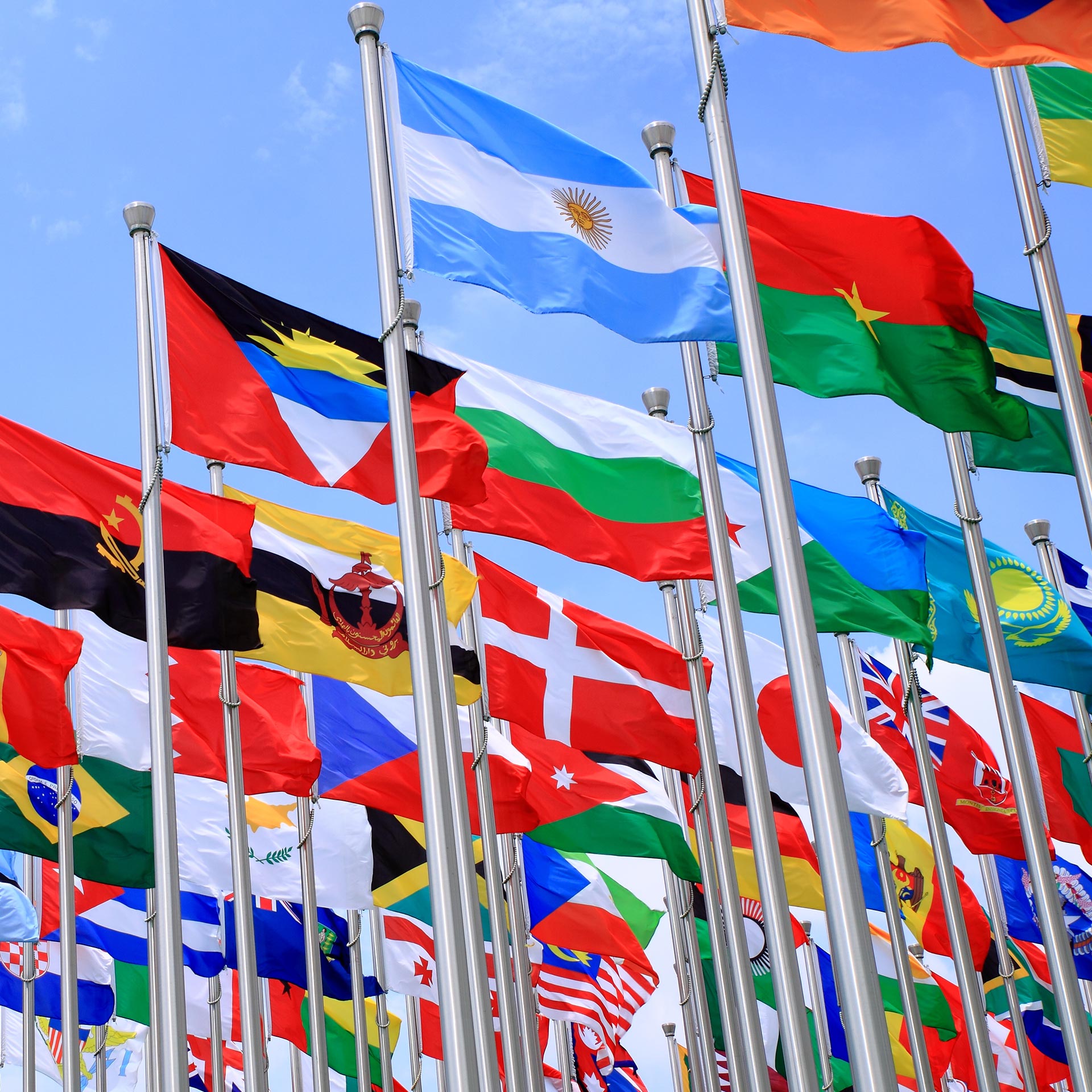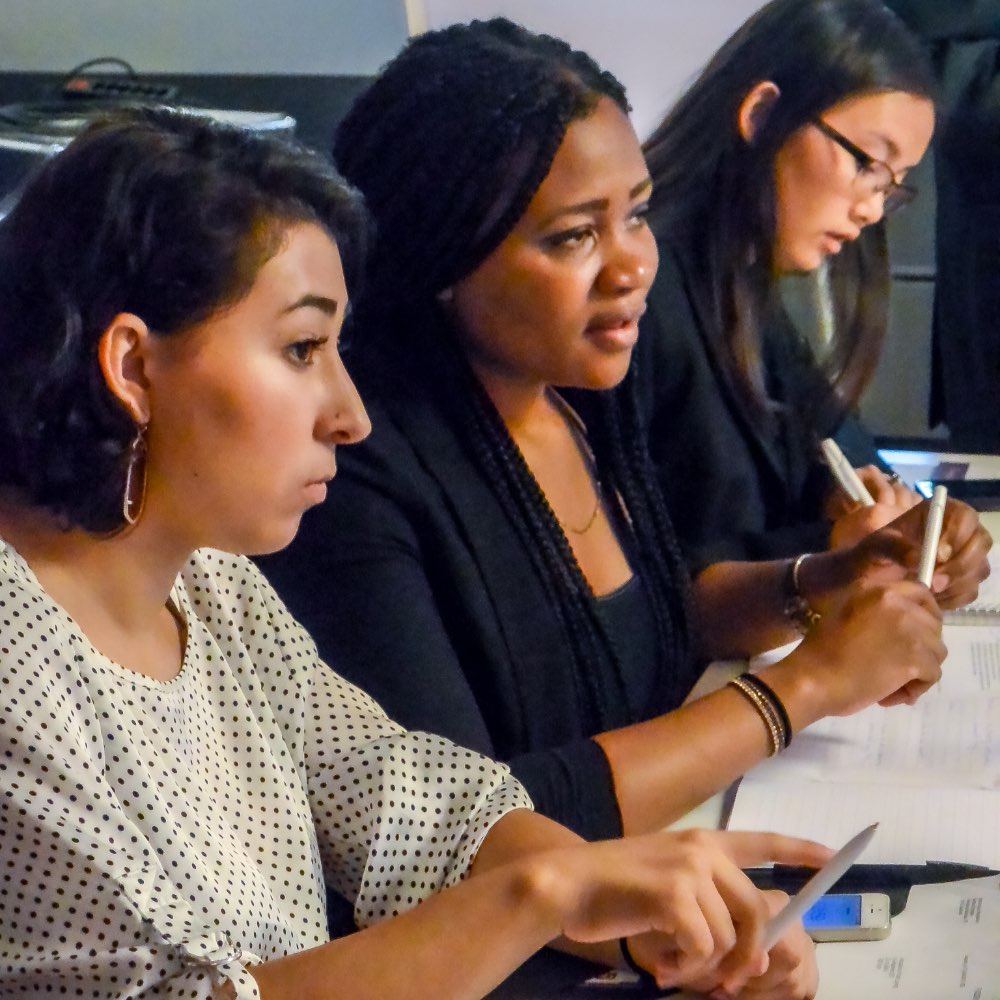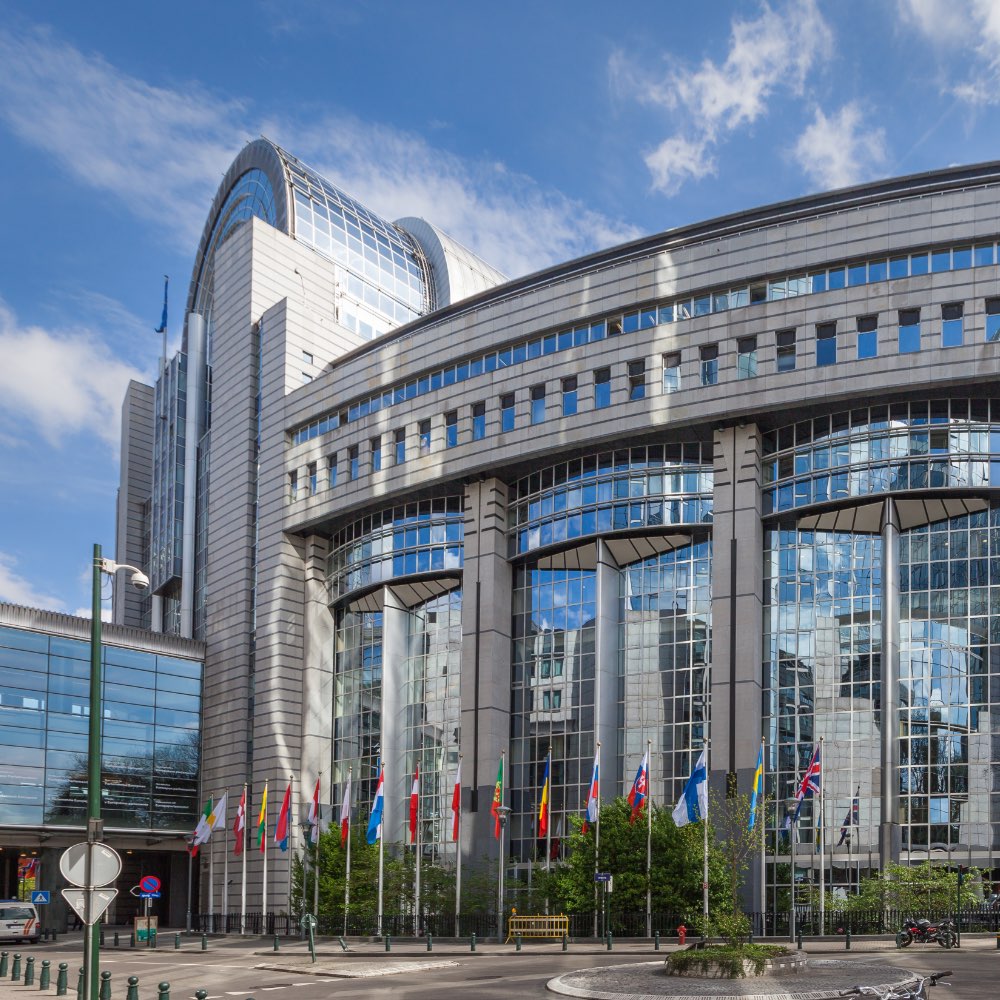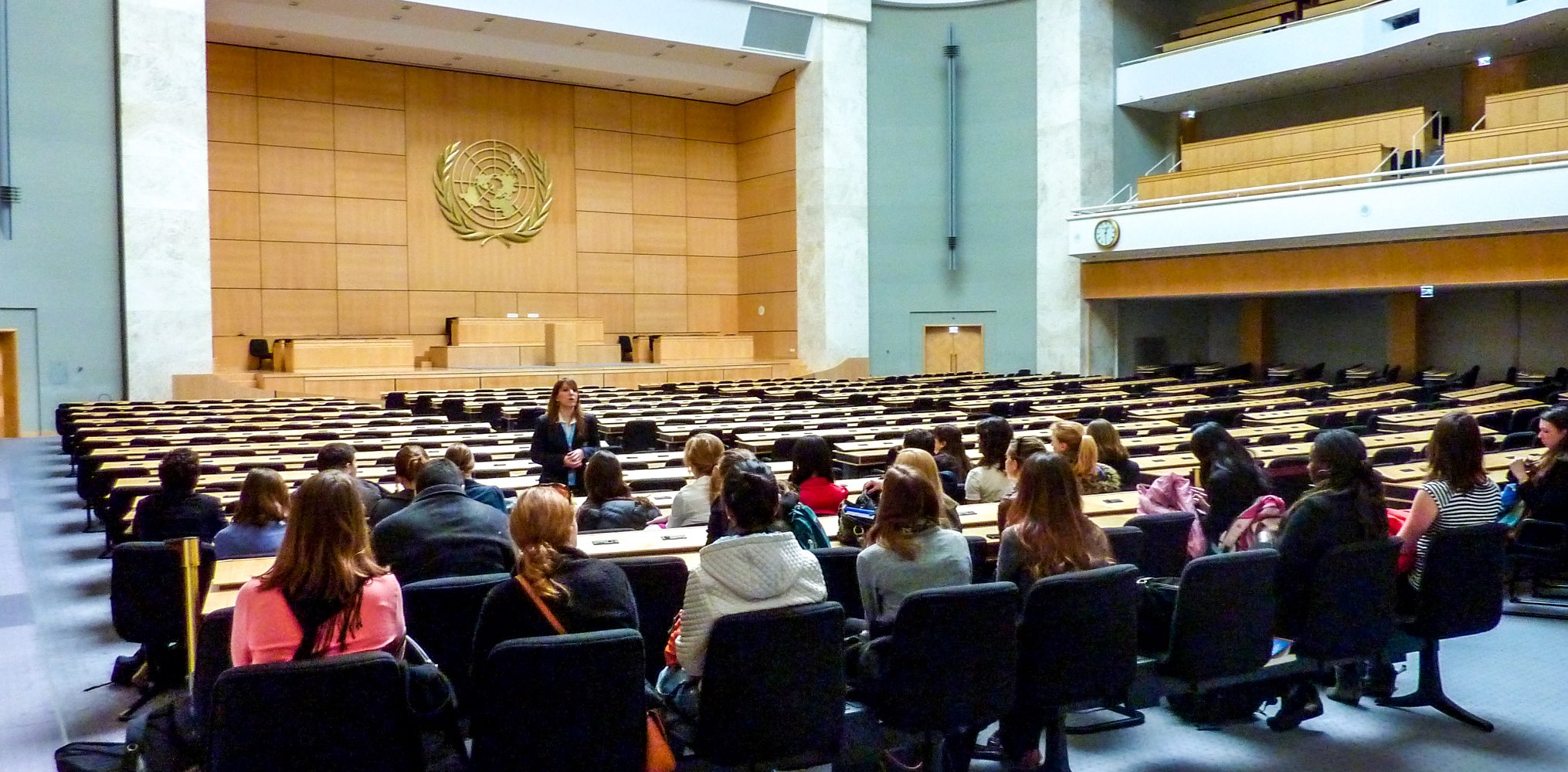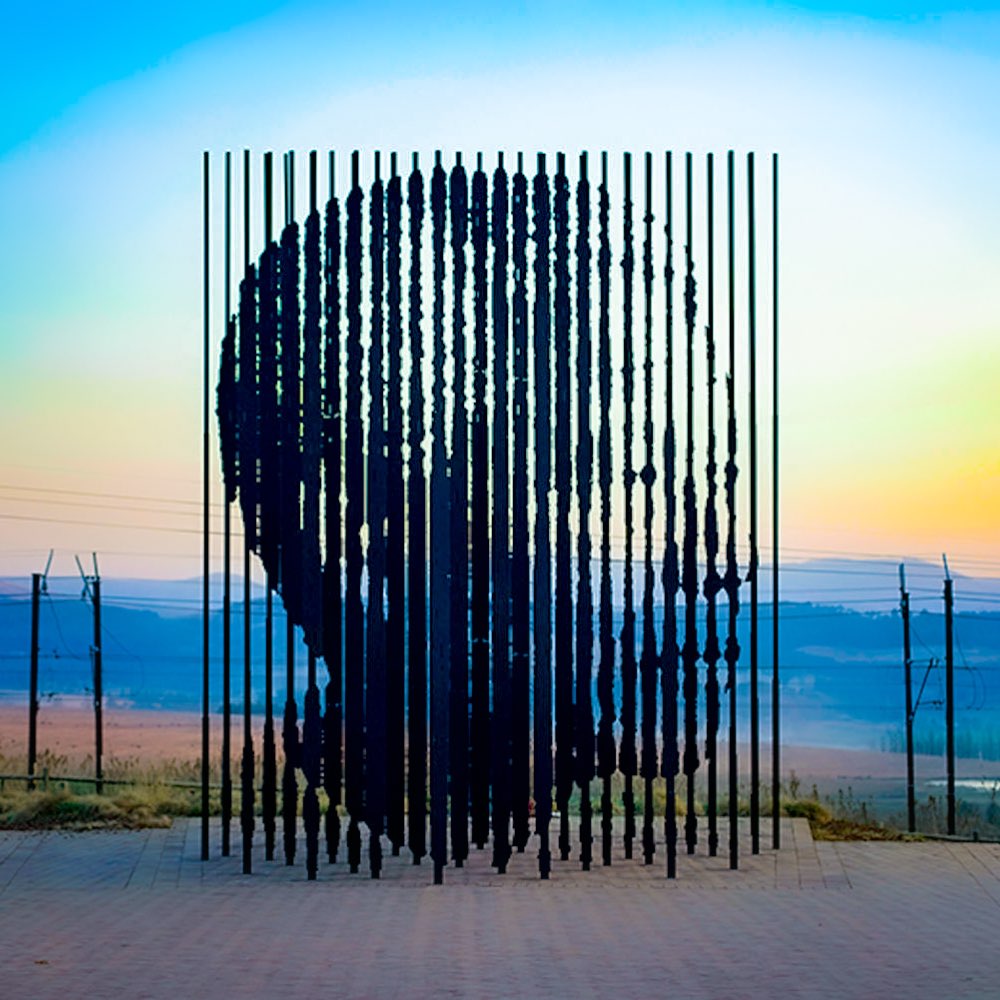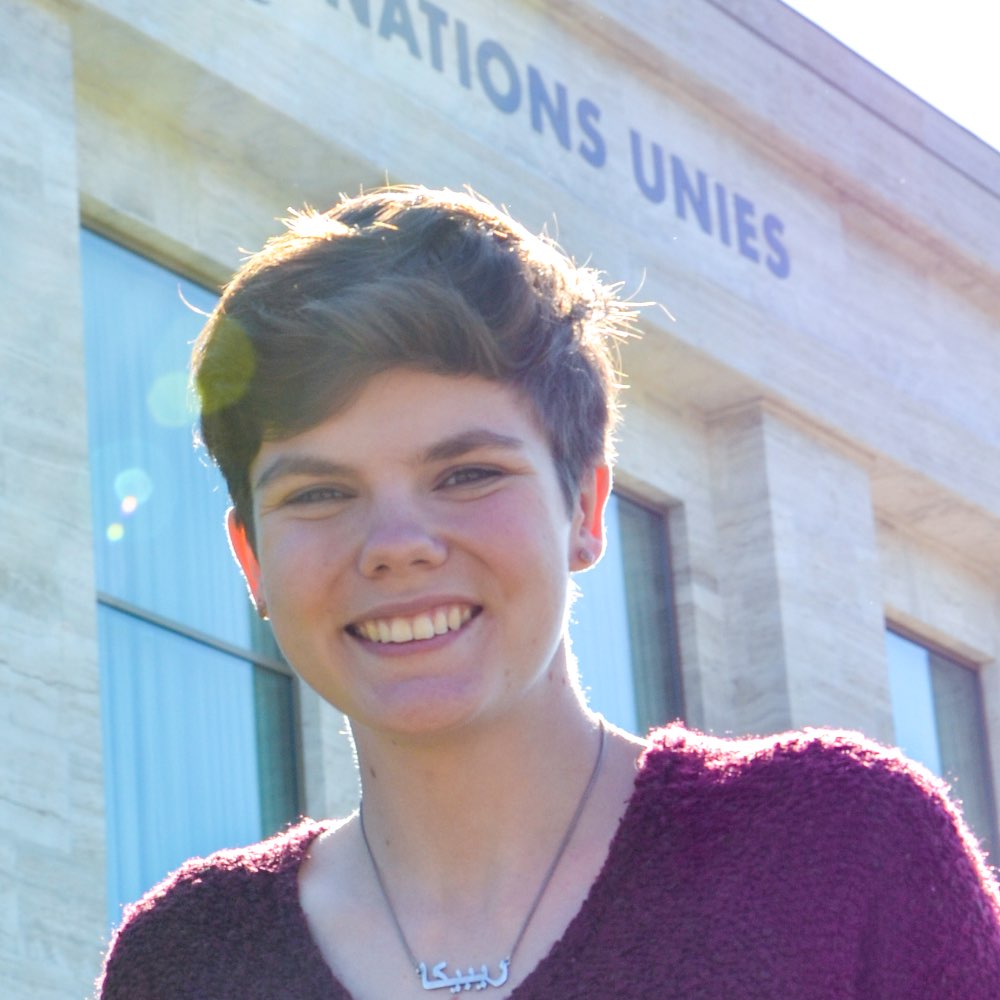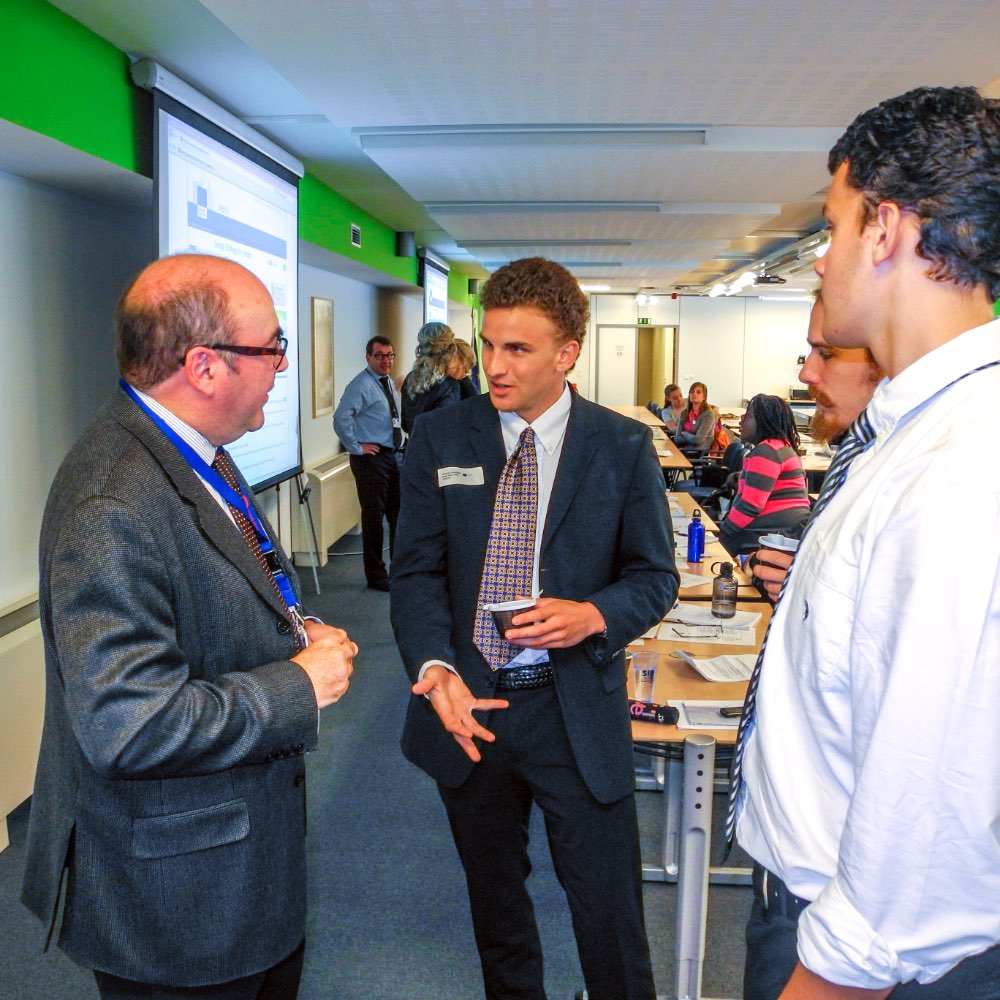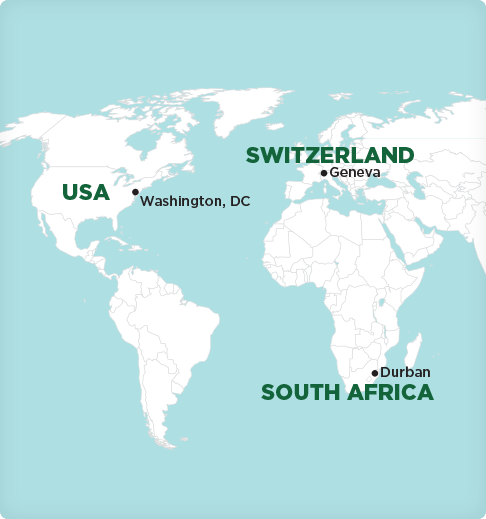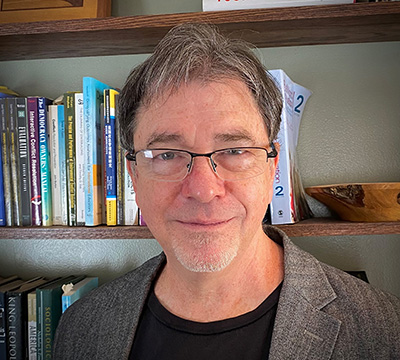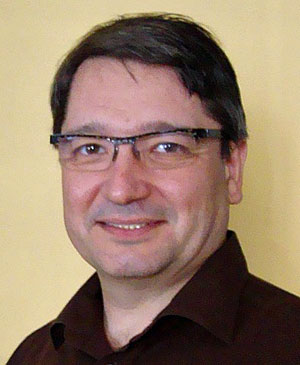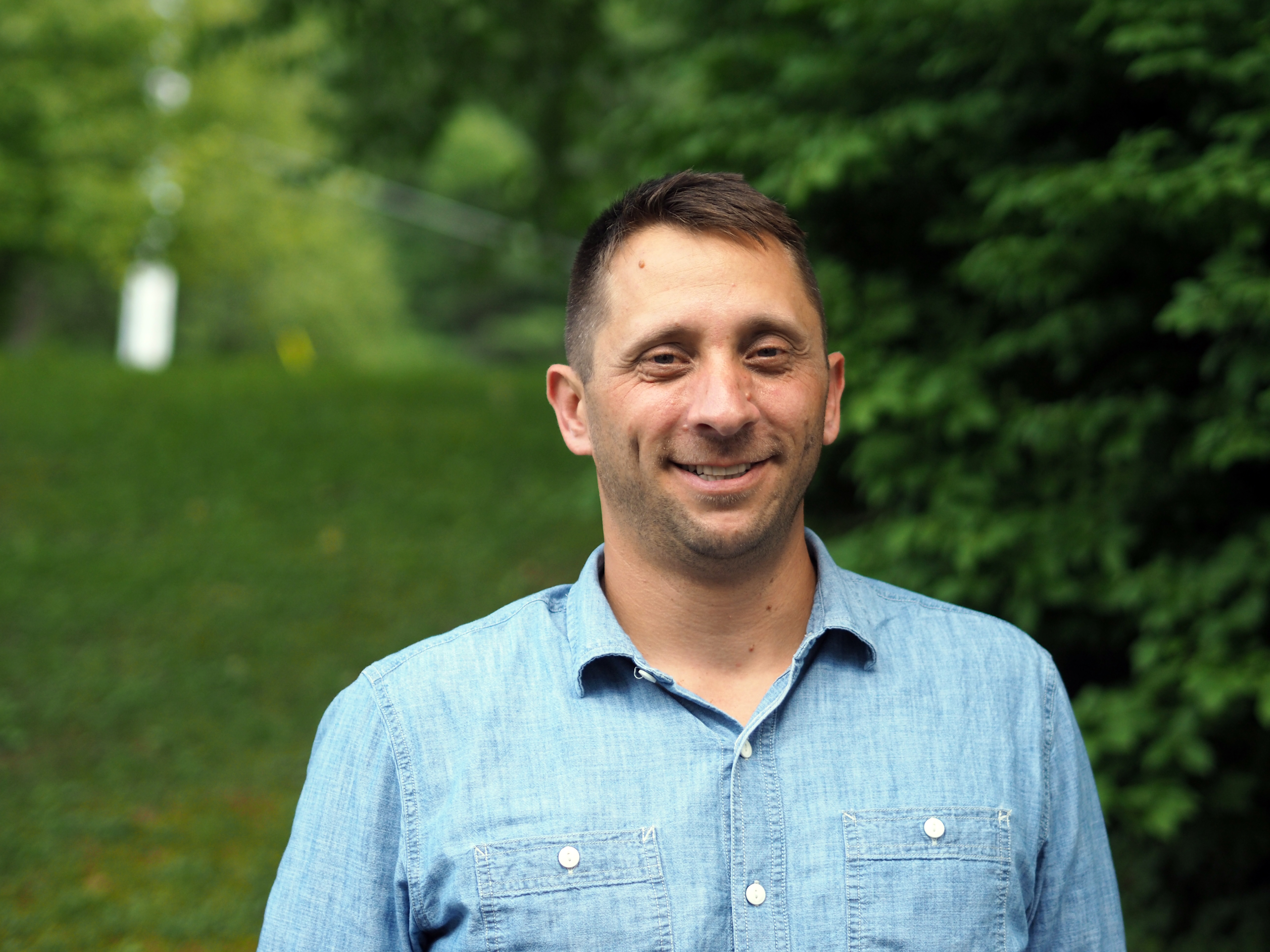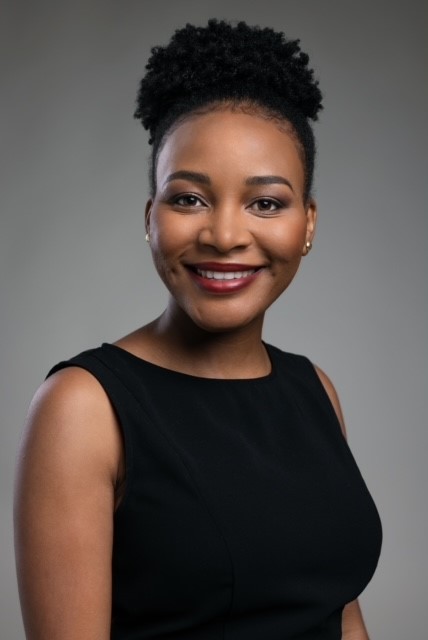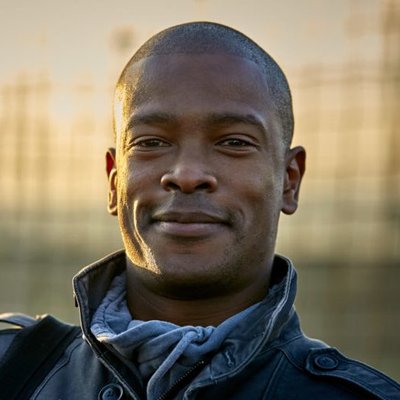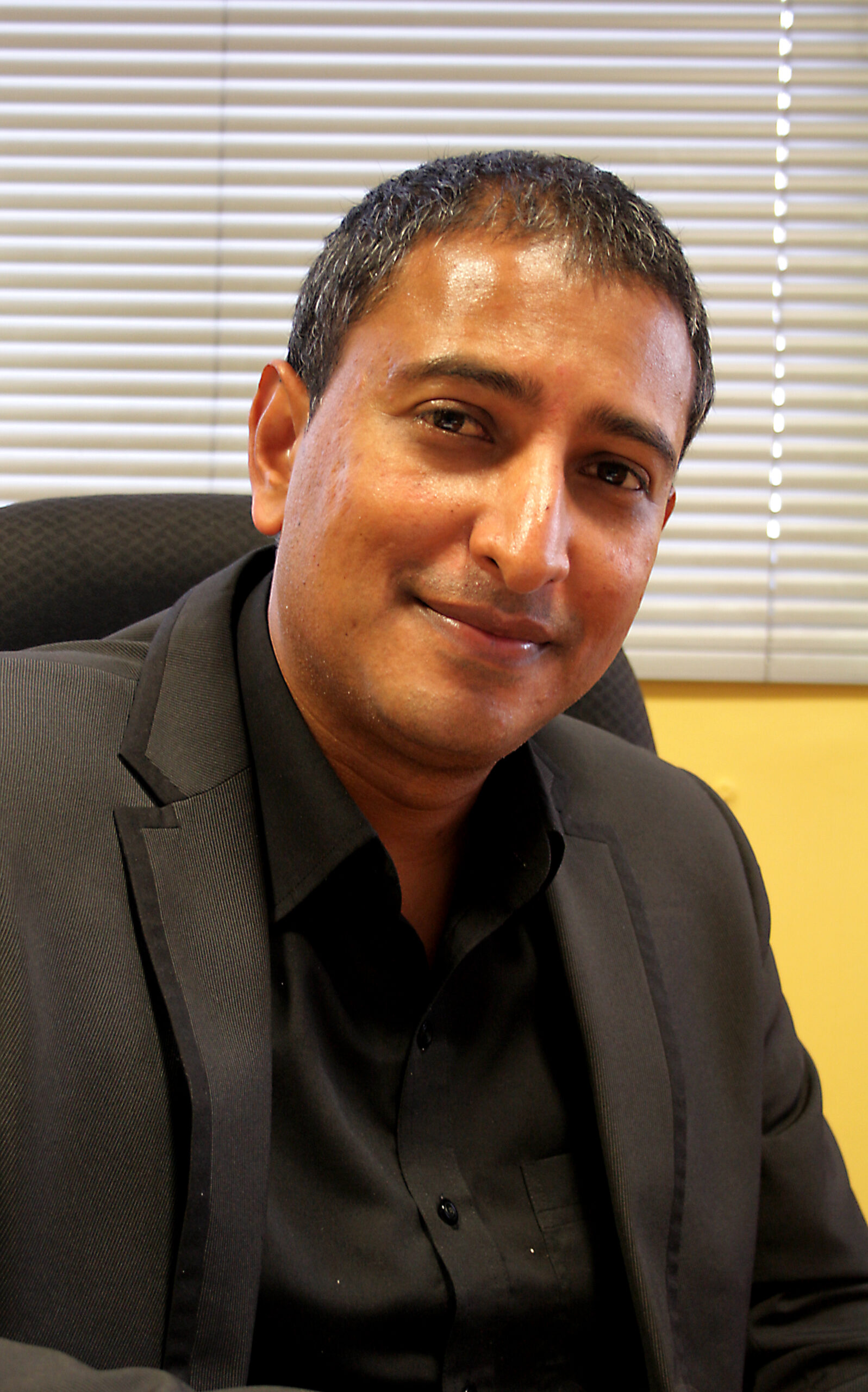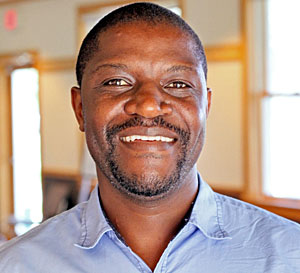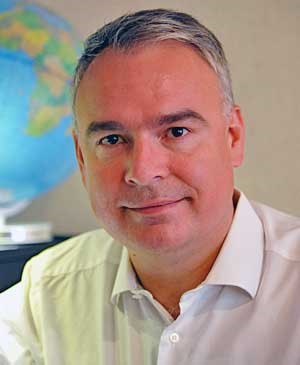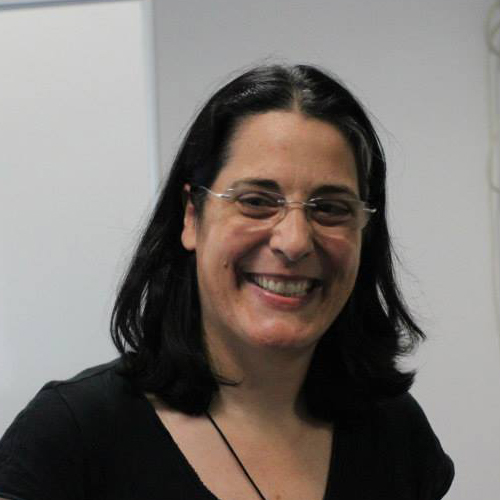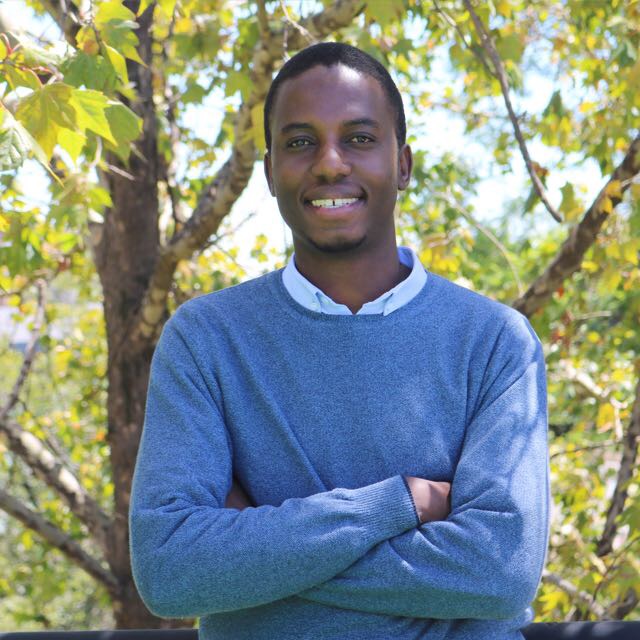- (MPIM–5003 / .5 credits) Professional Development Seminar 1
The first part of a two-part, one-credit seminar focuses on topics related to professional development for students who will be establishing careers in government, nongovernmental, academic, or research settings. The seminar covers “how-to” knowledge and skills on topics including career planning, conference presentations, peer-reviewed publications, funding, and the job search process. The course is facilitated by the program chair, and individual sessions feature invited guest speakers, faculty, and others with expertise in sustainable development practice. Students have the opportunity and are encouraged to meet with leaders engaged in diplomacy work.
- (DIPL–5045 / 3 credits) Foundations of Diplomacy and International Relations
This course examines the historical evolution and current state of diplomacy and international affairs. Students will learn about the structure of the international political system and the possibility and limits of multilateral diplomacy for addressing critical global issues. Special attention will be devoted to the rise and current dissolution of liberal internationalism, the impact of populism on contemporary international affairs, and the challenges posed by contemporary global trends such as mass migration, climate change, rising populism, weapons of mass destruction, and global wealth inequality. In addition to spending time in the classroom, students will spend most days in the field meeting with U.S. and foreign government officials, nongovernmental organization leaders, journalists, and activists.
- (DIPL–5120 / 3 credits) Strategic Foresight and Scenario-Building
The course focuses on the methodology of strategic foresight, drivers and super-trends, and back-casting and scenario-building and their practical application in studying international affairs and diplomacy. The course discusses the concepts of monolithic and infinite futures, continuity, and disruption of trends, as illustrated by the futures cone of plausible future worlds. Students learn horizon scanning, trend monitoring, back-casting, scenario-planning, wild card, counter factual history, futures wheel, and the PESTEL. Historical cases of altered pasts, as well as the critical global issues and examples of alternative futures, are discussed in the form of lectures, case studies, brainstorm sessions, and creative workshops on scenario-building.
- (DIPL–5130 / 3 credits) International Organizations and Multilateral Diplomacy
The course examines the formation, processes, functions, and effects of major international organizations. Besides contending with theories of international organizations, the course examines practical applications in the areas of global governance and regional cooperation. Students learn about the concept of collective security, the League of Nations, and the foundation of the United Nations system. The course discusses international organizations and regimes in the fields of human and economic development, human rights and migration, universal criminal justice, the environment, and regional cooperation. The course concludes with discussion on the international system and challenges the UN and international organizations may face in the future. In addition to teaching in class, students visit Geneva- based international organizations, which may include WTO, UNCTAD, UNHCR, WIPO, ILO, and WHO, and nongovernmental organizations such as Norwegian Refugee Council, Diplo Foundation, World Organization Against Torture, and International Bridges to Justice.
- (DIPL–5140/ 3 credits) The Future of Europe
This course focuses on super-trends and drivers shaping the future landscape of the European continent. Lecturers and guest speakers teaching the course use a variety of approaches in analyzing international and regional issues, actors, and processes. The course framework defines the geopolitics of Europe as a maritime region in the West open to the high seas and trade and the heartland region in the East, stretching to Asia and mainly landlocked. While discussing underlying forces that have shaped European history, economy, and society, the course assesses the European integration process since WWII and its formidable achievements, structural vulnerabilities, and potential failures. The course debates the emergence of the European Economic Community / European Union as a supra-national regional organization. The course reviews neoliberal policies, outsourcing and deindustrialization, and dismantlement of the welfare state as a set of causes for increasing popular discontent across Europe. The course lecturers discuss the crisis of the European Monetary Union, the Grexit, and the Brexit, resulting in the rise of illegitimate democracies and populism.
- (DIPL–5510 / 1.5 credits) Practitioner Inquiry 1
The first in a sequence of two courses introduces students to the design and methodology of qualitative research and offers students a hands-on opportunity to explore and apply qualitative research through a mini research study. The mini research study takes students full circle: from formulating a research question to situating their research inquiry in existing literature to designing and conducting an empirical study to generating findings and conclusions.

